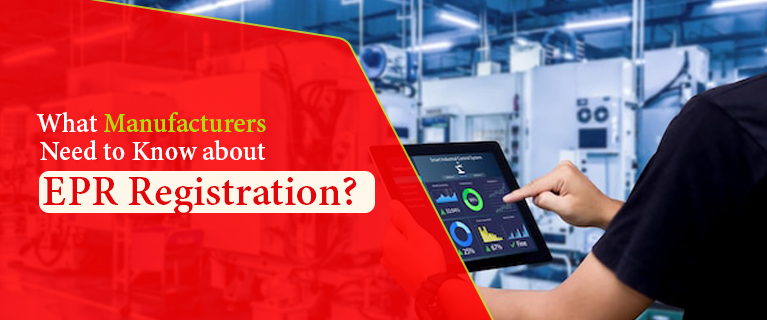An Overview Of CPCB Plastic Waste Registration In India
Plastic waste has emerged as a global environmental concern, posing significant challenges to ecosystems and human health. To address the mounting issue of plastic waste in India, the Central Pollution Control Board (CPCB) has implemented stringent regulations and initiatives, including the registration of plastic waste producers and recyclers. This article provides a comprehensive overview of CPCB plastic waste registration, highlighting its significance, eligibility criteria, registration process, and key requirements.
Understanding the Significance of CPCB Plastic Waste Registration
Plastic waste, often non-biodegradable, can persist in the environment for centuries, leading to pollution of water bodies, soil, and air. In India, the uncontrolled disposal and mismanagement of plastic waste have prompted regulatory authorities to take proactive measures. The CPCB, under the Ministry of Environment, Forest and Climate Change, plays a pivotal role in formulating policies and regulations for the sustainable management of plastic waste.
The CPCB's plastic waste registration program is a crucial step towards achieving responsible plastic waste management. It holds plastic waste generators, including industries, institutions, and individuals, accountable for their waste and promotes recycling and proper disposal practices. By registering with the CPCB, stakeholders commit to minimizing the environmental impact of plastic waste and complying with regulatory standards.
Eligibility for CPCB Plastic Waste Registration
CPCB plastic waste registration is applicable to various entities involved in plastic waste generation, collection, and recycling. The following categories of stakeholders are typically eligible for registration:
1. Plastic Manufacturers: Companies engaged in the production of plastic products are required to register with the CPCB.
2. Bulk Plastic Waste Generators: Industries and businesses that generate significant quantities of plastic waste fall under this category.
3. Plastic Waste Collection Centers: Entities involved in the collection of plastic waste from various sources for recycling or disposal.
4. Plastic Waste Recyclers: Recycling units and facilities responsible for processing and recycling plastic waste materials.
5. Individuals and Institutions: Even households, educational institutions, and small businesses that generate plastic waste in significant quantities may be subject to registration.
Read Also This - Understanding EPR Certificate for Imports in IndiaKey Requirements for CPCB Plastic Waste Registration
To ensure successful CPCB plastic waste registration and ongoing compliance, registered entities and individuals must fulfill several essential requirements:
To ensure successful CPCB plastic waste registration and ongoing compliance, registered entities and individuals must fulfill several essential requirements:1. Waste Segregation: Implement effective waste segregation practices to separate plastic waste from other types of waste.
2. Storage and Transportation: Adequately store and transport plastic waste to prevent environmental contamination.
3. Recycling Infrastructure: Establish or collaborate with recycling facilities to facilitate the recycling of plastic waste.
4. Record Keeping: Maintain accurate records of plastic waste generation, collection, and disposal or recycling. The regulatory authorities may inspect these records regularly.
5. Compliance Reporting: Submit regular compliance reports to the CPCB or relevant state pollution control boards, as mandated.
6. Environmentally Sound Practices: Adopt environmentally sound practices for the disposal or recycling of plastic waste, ensuring minimal impact on ecosystems.
7. Awareness and Education: Promote awareness and education regarding plastic waste management among employees, stakeholders, and the community.
8. Compliance with Legal Standards: Comply with all applicable environmental laws and regulations related to plastic waste management.
Conclusion
CPCB plastic waste registration represents a critical step towards addressing India's plastic waste crisis and fostering sustainable waste management practices. It places the onus on plastic waste generators, recyclers, and stakeholders to take responsibility for their plastic waste, reduce its environmental impact, and contribute to a cleaner and greener future. By adhering to the registration process and fulfilling the associated requirements, entities and individuals can play an active role in mitigating the adverse effects of plastic waste on the environment and public health.
It's crucial to stay updated with the latest CPCB guidelines and regulations regarding plastic waste management, as the field of waste management is continuously evolving to meet new challenges and environmental standards. For the most accurate and current information regarding CPCB plastic waste registration, individuals and entities are encouraged to refer to the official CPCB website and consult with relevant authorities. Together, we can work towards a more sustainable and plastic-conscious future.




Comments
Post a Comment